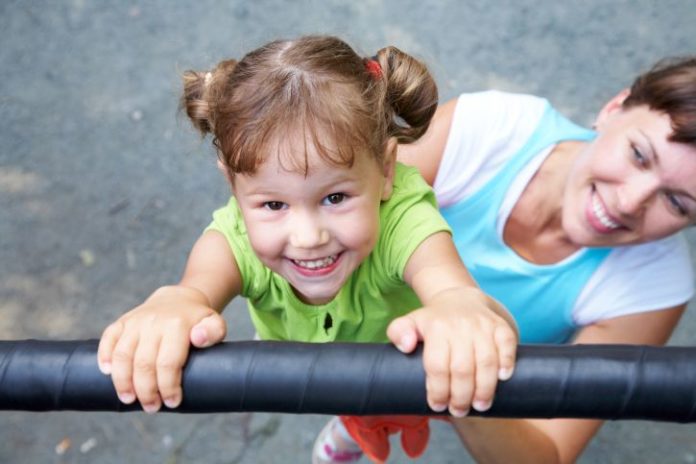As Kindergarten children wait with nervous anticipation for the first day of school next week, Charles Sturt University (CSU) early childhood lecturer Dr Amy MacDonald has some tips for parents.
“Starting school is an exciting but scary time for all involved, the children, families, and educators,” she said.
“However, this experience is usually a positive one when everyone works together to support the child’s transition, and learn about each other in the process.”
Dr MacDonald, from the School of Education at CSU in Albury, has this advice for parents:
- Shared understandings are an important part of starting school and it can be helpful to find out about expectations. What do schools expect of families? What do families expect of schools? Importantly, what do children expect?
- There is often a lot of talk about whether or not children are ’ready’ for school, but it is important to think about whether the school is ready for the child. Communication between schools and families is important to ensure children’s experiences and understandings are recognised and built on as they start school.
- It is important for families to know that they are their child’s first teachers and that the learning in home and community settings is just as important as the learning in the classroom. Most school teachers value parents as teachers of their children, so families should feel that they can collaborate with school teachers to support their child’s education. It is always ok for parents to offer information and insight about their child.
- Make the most of opportunities to make connections between school learning and home learning by noticing and naming the knowledge and skills the child is exploring in both settings. For example, when setting the table at home parents might say things like, “I really like the way you counted out one cup for each person. Have you been practising that at school?” These sorts of connections help children to feel that their knowledge is valued in both settings.
- Children starting school have many different aspirations. Most will want to learn and make friends. It is helpful to talk to the child about their aspirations and it is important to make the child feel that their ideas about school are valued and supported.
- Starting school is a more positive experience for children who feel a sense of belonging. It is important for children to feel that school is a special place and that there is a special place just for them there.
Learning and having fun with maths
Dr MacDonald’s current research focuses on the mathematics experiences and education of infants, toddlers, preschoolers and children in the early years of primary school.
She said children begin exploring mathematical ideas from the day they are born and develop a powerful understanding in the years before they start school. Look for the opportunities to count, measure, notice patterns
“Recognising and building upon this early understanding of mathematics is very important when children start school, as this can have an effect on how they engage with and enjoy maths throughout the schooling years,” said Dr MacDonald.
“When family members show a positive attitude towards mathematics it helps children to feel confident that they too can learn and have fun with maths.”
- Help children to see the maths in their everyday life, and make connections to the maths they are learning about at school. For example, when children start school, they usually spend a lot of time learning about different numbers and practising recognising and writing them. Parents can support this process by helping children to notice and name numbers in their everyday activities, such as noticing road signs or naming the numbers on letter boxes.
- It is important to remember that maths is more than just numbers and counting. Children have lots of experiences with other ideas such as measurement, shape and pattern before they start school and they will continue to learn more about these things in the classroom. At home, look for opportunities to talk about a range of mathematical ideas with your child. For example: How long do we need to cook the spaghetti for? Do those socks match? Are the patterns the same? Will your blocks fit in that box? We need to fill this bucket, tell me when to turn the tap off!
- Reading storybooks, playing games, and listening to music are also good opportunities for noticing and talking about maths. Look for the opportunities to count, measure, notice patterns, and compare shapes and size when enjoying these sorts of activities with your child.
Preparing teachers for the transition to school
The importance of the transition between early childhood and school education is recognised in CSU’s new Bachelor of Education (Early Childhood and Primary).
The integrated course will prepare students for a career teaching in a range of educational settings with children from birth to Year Six in primary school, providing a solid grounding in early literacy and numeracy.
Dr MacDonald said it’s important to think about both continuity and change when preparing for the move to school education.
“We can help make the transition to school a positive one by making connections between the familiar and the new and by helping the child to navigate the challenges that come with this new experience,” she said. “However, it is important to keep in mind that children expect school to be something new and different and most children want to learn new things and tackle new challenges.”
(Source: Charles Sturt University)










